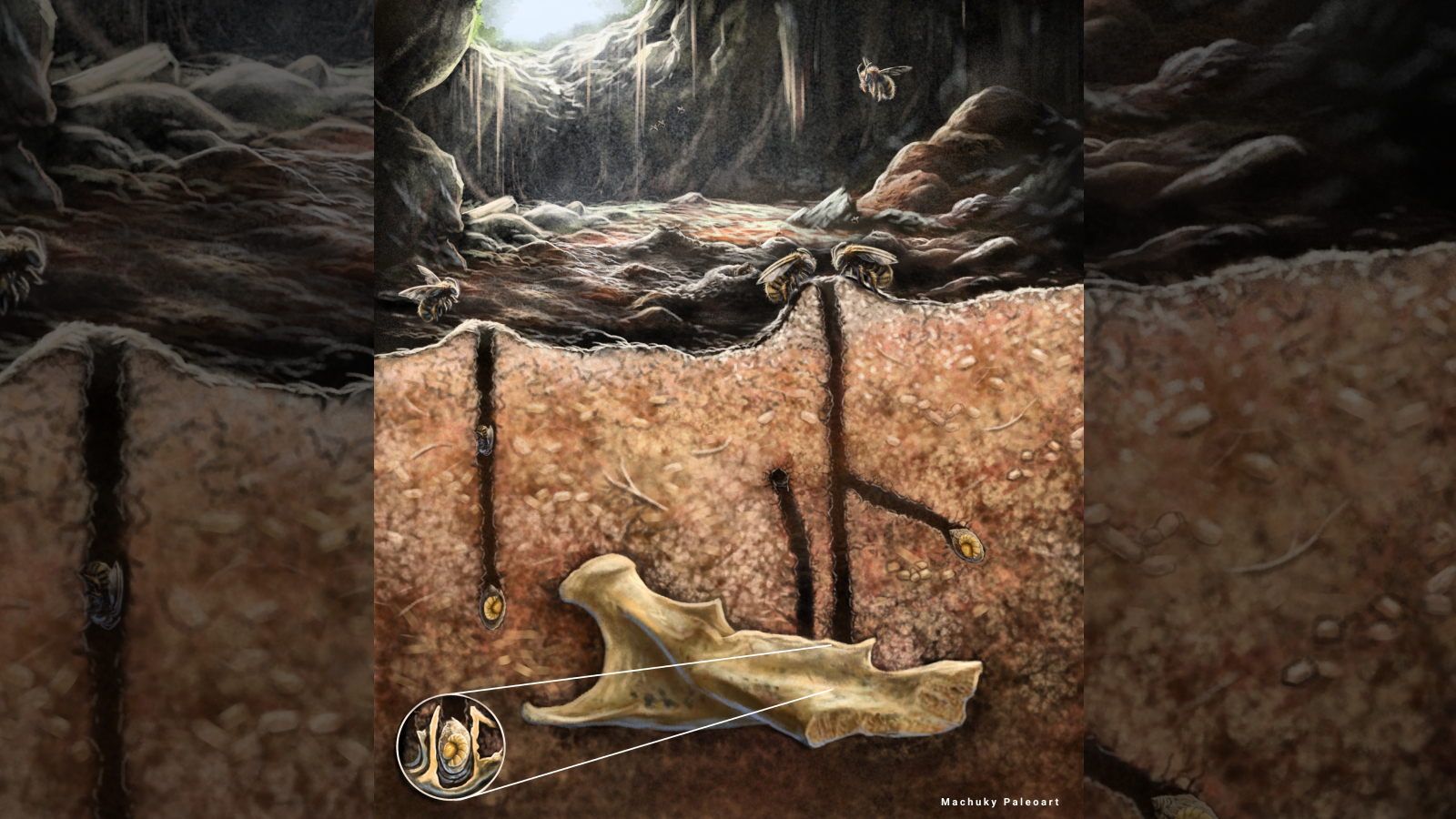Rabies Vaccine Could Bring Safer Dog Days

Dogs may soon catch a break from rabies vaccines that protect humans from infectious bites but also potentially make dogs sick or even cause their death.
A study is now under way at the University of Wisconsin School of Veterinary Medicine in Madison to determine how long a new, more potent rabies vaccine protects dogs from the virus.
The Rabies Challenge Fund study, headed by veterinarian Ronald Schultz, aims to see if the vaccine provides immunity in canines for as long as seven years. (The vaccine's name remains confidential, as it is yet to be licensed and is not yet on the market.)
If this is the case, animal advocates whose pets were harmed by rabies vaccinations and helped raise money to conduct the study plan to make a nationwide push to extend mandated intervals for boosters. Most states and local authorities currently require owners to vaccinate their dogs every three years.
The two phase study should be completed in 2013 and 2015.
Jean Dodds, DVM, of Garden Grove, Calif., is one of the researchers involved in the study. She says allowing dogs to be given fewer rabies boosters during their lifetime would significantly reduce adverse the most common vaccine reactions, including seizures, rashes, tumors at the injection site and even death.
"A lot of people have not associated the sudden death or illness of their pet with the vaccination because they weren’t motivated to look at the association," said Dodds. "And that’s why many veterinarians have not recognized it."
Get the world’s most fascinating discoveries delivered straight to your inbox.
Currently 14 rabies vaccines for canines are on the market. Vaccines must be shown safe for use before a license is granted by the federal government’s Center for Veterinary Biologics (CVB) — a regulatory procedure that's been in place since 1922.
But in a special report published in April's edition of the Journal of the American Veterinary Medical Association (JAVMA), veterinarian Timothy Frana and his colleagues said evaluations of rabies vaccines before licensure "may not detect all safety concerns" for a number of reasons, including insufficient duration of observation and interactions with products administered at the same time.
Reactions to vaccines are voluntarily reported by veterinarians and owners to the CVB or to vaccine manufacturers.
During a three-year period (from April 1, 2004 to March 31, 2007), nearly 120 million doses of rabies vaccine (for all species) were distributed in the United States, the report said. During that period, manufacturers of rabies vaccines received nearly 10,000 adverse reports concerning their products, according the JAVMA report. Of those, 65 percent involved dogs.
Because of the sheer number, the paper's authors did not review individual cases.
Instead, they turned their attention to 246 adverse event reports filed for dogs with the CVB during the same period, where rabies was identified as one of the products administered.
About two dozen symptoms were reported including, vomiting, facial swelling, injection site pain, lethargy and circulatory shock. In 12 cases, lack of consciousness and death occurred.
Still, the authors concluded the report’s findings "do not suggest a high frequency or unexpected pattern of adverse events associated with the use of rabies vaccines in veterinary medicine."
Nonetheless, Shawn Messonnier who is a holistic veterinarian in Plano, Texas, looks forward to the new study's results and a time when dogs can undergo dramatically fewer rabies vaccinations in their lifetimes.
"It's important to determine the maximum duration of effectiveness so that we do not over-vaccinate pets," he said.
- Video: Extraordinary Dogs
- Vote for Your Favorite Pet
- What Is the Most Popular Pet?


